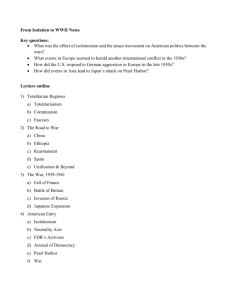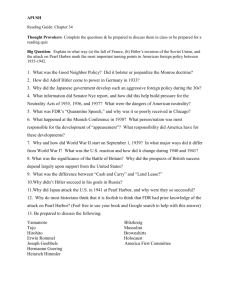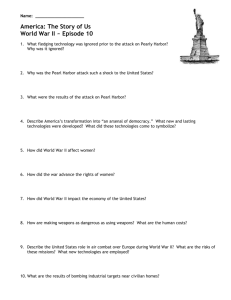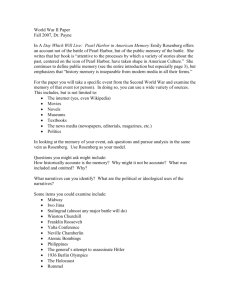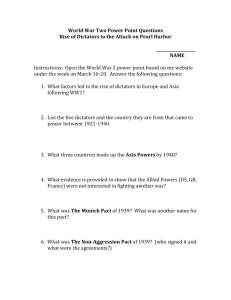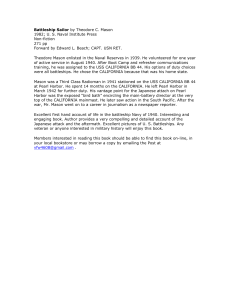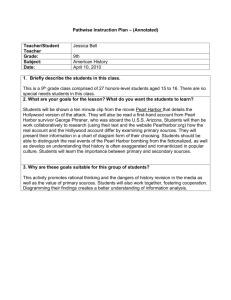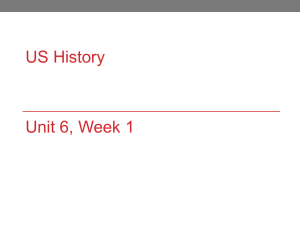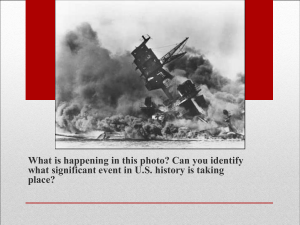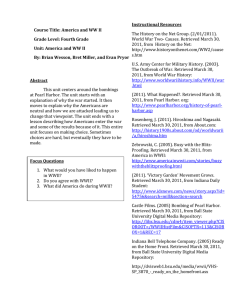PrewriteInfo
advertisement
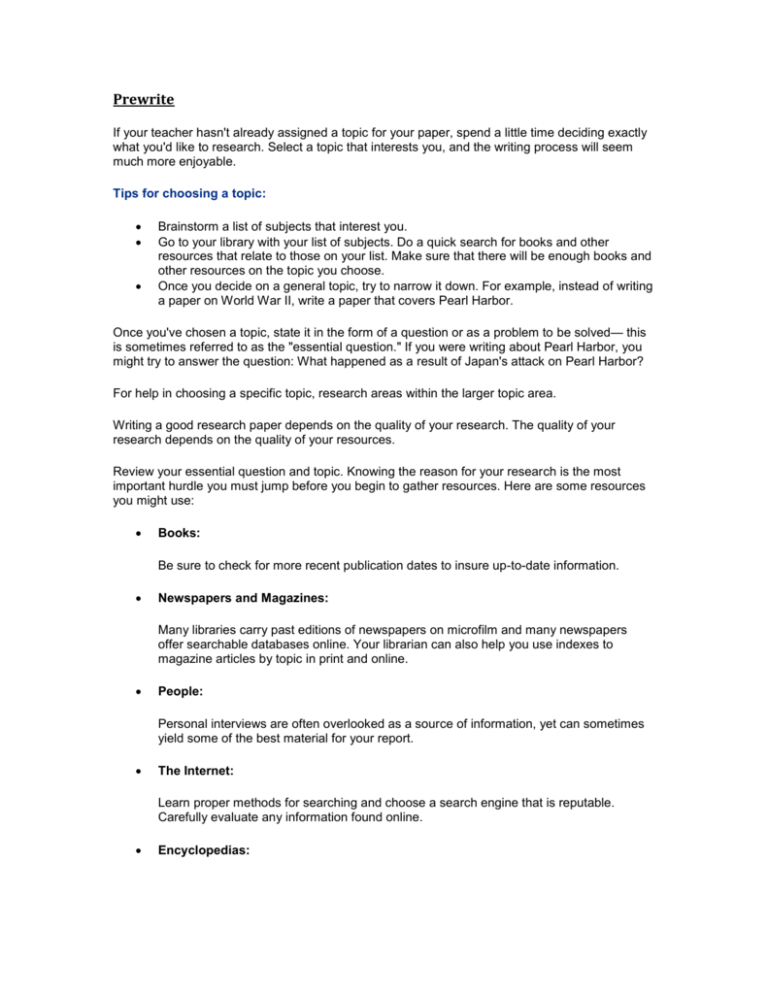
Prewrite If your teacher hasn't already assigned a topic for your paper, spend a little time deciding exactly what you'd like to research. Select a topic that interests you, and the writing process will seem much more enjoyable. Tips for choosing a topic: Brainstorm a list of subjects that interest you. Go to your library with your list of subjects. Do a quick search for books and other resources that relate to those on your list. Make sure that there will be enough books and other resources on the topic you choose. Once you decide on a general topic, try to narrow it down. For example, instead of writing a paper on World War II, write a paper that covers Pearl Harbor. Once you've chosen a topic, state it in the form of a question or as a problem to be solved— this is sometimes referred to as the "essential question." If you were writing about Pearl Harbor, you might try to answer the question: What happened as a result of Japan's attack on Pearl Harbor? For help in choosing a specific topic, research areas within the larger topic area. Writing a good research paper depends on the quality of your research. The quality of your research depends on the quality of your resources. Review your essential question and topic. Knowing the reason for your research is the most important hurdle you must jump before you begin to gather resources. Here are some resources you might use: Books: Be sure to check for more recent publication dates to insure up-to-date information. Newspapers and Magazines: Many libraries carry past editions of newspapers on microfilm and many newspapers offer searchable databases online. Your librarian can also help you use indexes to magazine articles by topic in print and online. People: Personal interviews are often overlooked as a source of information, yet can sometimes yield some of the best material for your report. The Internet: Learn proper methods for searching and choose a search engine that is reputable. Carefully evaluate any information found online. Encyclopedias: Print versions are sometimes dated. Look for CD versions or online versions of the printed counterparts— these are constantly updated and thus contain current information. Atlases, Almanacs, and Yearbooks: These resources are great for locating statistical information and background data. For more help on which resources to use, go back to the mini-lesson on Choosing a Resource. As you evaluate each resource, ask yourself if it contains information essential to your topic or if it helps you solve the stated problem. Remember, not all information is important, relevant, or reliable. This is especially true with information found on the World Wide Web. Ask yourself the following questions as you decide what resources you will use: Is the information well researched? Is the author an expert on the subject? Is the information relevant to my topic? Just because you find an amazing story or fact doesn't mean it needs to be included in your paper. All information and sources must be related directly to your topic. Once you've rounded up great resources, it's time to do a little reading and start taking notes. Before you Begin Taking Notes: Skim through your source before you start writing. As you read, you'll see that some information may not pertain to the focus of your paper. Use bookmarks or sticky notes to mark pages you want to read more carefully and take notes on. Start a detailed Source Sheet that lists each resource you use as you take notes. This will come in handy when it's time to name your sources. Assign each source a code or abbreviation. This will keep you from having to write out the entire name on every note or note card. Writing Your Notes Use the same type of note card or paper for each note you take. Always identify the source of the information and page number at the top of your note card or paper— use the code for each source if possible. Be sure to include the page number(s) where you located the information. This makes it easier to go back and recheck or get additional information. Only write on one side of the note card or paper. This will help when it comes time to organize and write your outline. Only write a small amount of information on each card. Keep your notes concise and to the point. Use your own words. It's illegal to plagiarize. If you must use the author's words, limit the number of direct quotations you use. Write neatly. You don't want to waste time later trying to decipher your own scribbles. Don't take notes on information that doesn't pertain to your topic. It's easy to get carried away and end up with lots of information you can't use.
